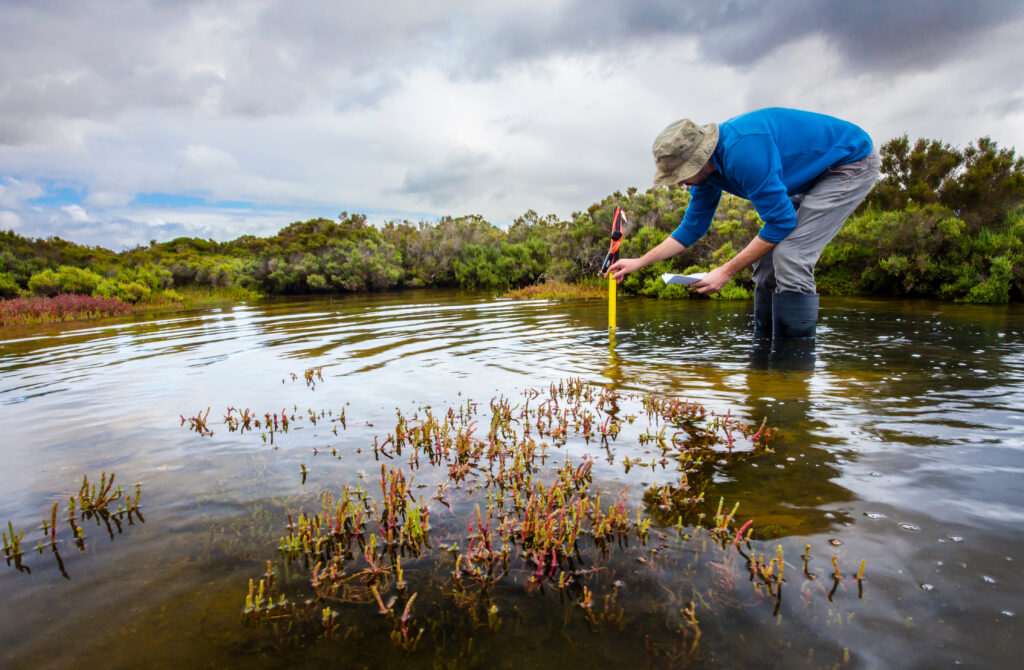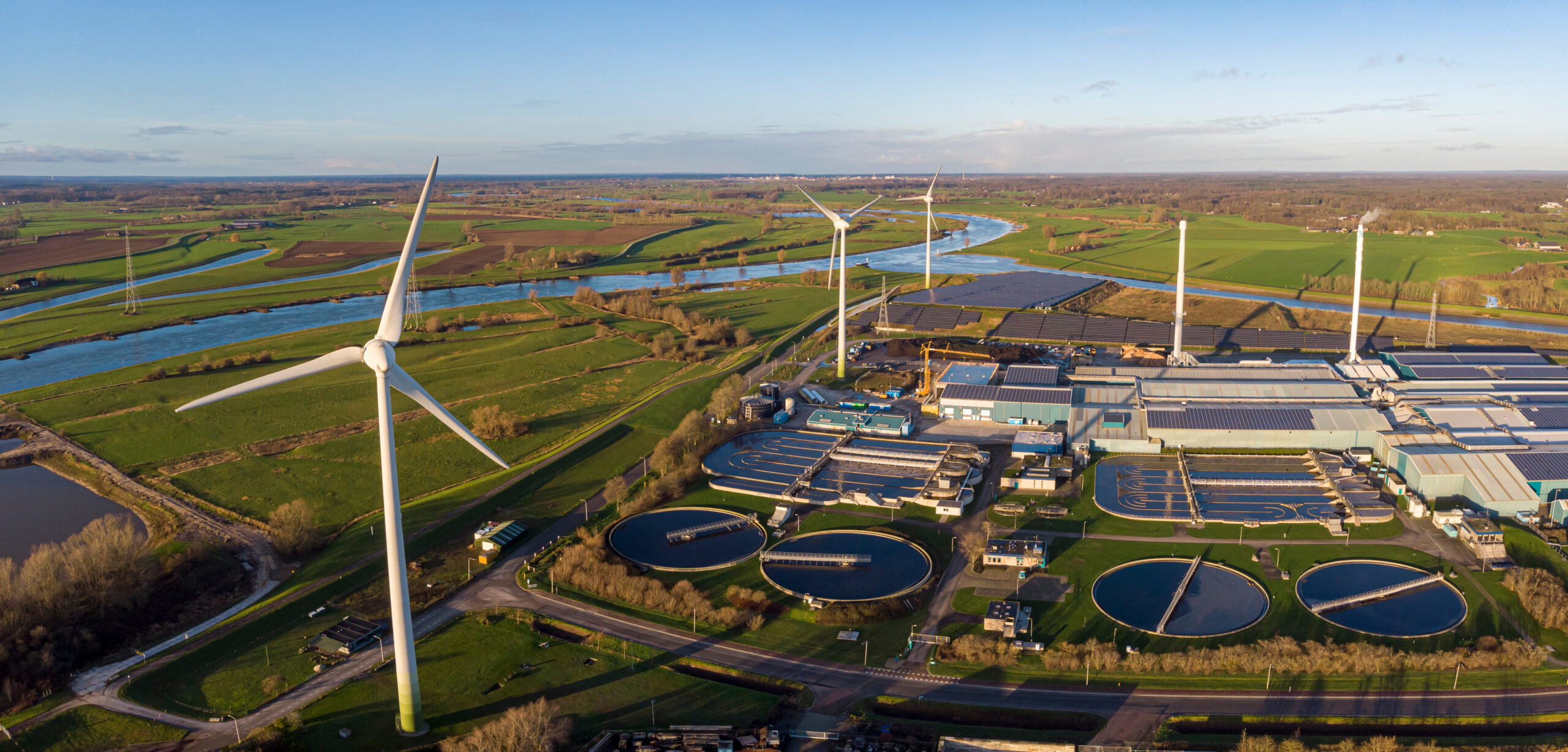Duration: 2021-2024
Geographic area: Georgia
Implemented by: The Institute for Water Educational (IHE Delft) together with a consortium of 13 member organizations. CENN has represented the project in Georgia since 2021. The National Environmental Agency is the main partner of CENN within the project.
Donor: European Union’s Horizon 2020 Research and Innovation Programme
I-CISK takes a trans-disciplinary approach to developing Climate Services (CS) by working with stakeholders in 7 Living Labs established in climate hotspots in Europe, it’s neighbours, and Africa, to address climate change and extremes (droughts, floods and heatwaves) faced by agriculture, forestry, tourism, energy, health, and the humanitarian sectors. With end-users, I-CISK will co-design, cocreate, co-implement, and co-evaluate pre-operational CS that provide a step-change in integrating local knowledge,perceptions and preferences with scientific knowledge. This co-production framework is unique as it (i) links climate impact and adaptation at different temporal scales from (sub)-seasonal forecasts through to climate scale projections, and (ii) explicitly considers the human-climate feedbacks of adaptation and options in a multi-timescale, multi-sector, and multi-hazard setting. The novel CS will be built on a highly customisable cloud-based web platform that I-CISK develops; freely available, and easily replicable. The I-CISK co-production framework, supported by online open courses, guidelines, business stories and strategic dissemination, will catalyse the production and adoption of CS that integrate end-user local knowledge with scientific knowledge, contribute to improved decisions and policies, and a flourishing market for end-user CS.
The goal of the project is to develop a next generation of end-user CS, which follow a social and behaviorally informed approach to co-producing services that meet climate information needs at a relevant spatial and temporal scale.

Climate change
mitigation, adaptation,
and climate resilience
Climate Services combine climate-related data, including projections, forecasts, and trends, with socio-economic data, advisories and best-practices, and are crucial in empowering citizens, stakeholders and decision-makers to decide how to adapt to climate change and mitigate the impact of extreme events. The I-CISK project will develop a framework that innovates Climate Services through a human-centred approach, co-producing these with the users, and integrating their knowledge to transform scientific information into tailor made information to meet their needs, while exploring feedback loops between the decisions users make and the climate system.
I-CISK has set ambitious targets on generating key outputs to help achieve its objectives; a co-production framework & guidelines for co-production of climate services; a cloud-web system platform to support development and operation of new, tailored climate services; a set of pre-operational climate services in each of the living labs; a host of educational products in the form of online courses; and new insights that go beyond the climate services, helping citizens, governments and businesses take decisions to adapt to change and understand the feedbacks between their adaptation actions and the climate system.
